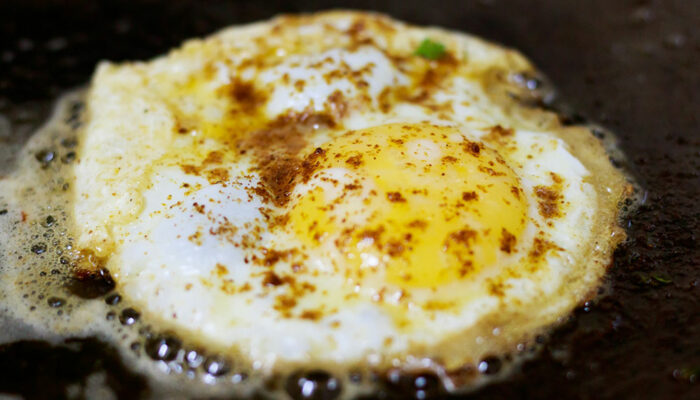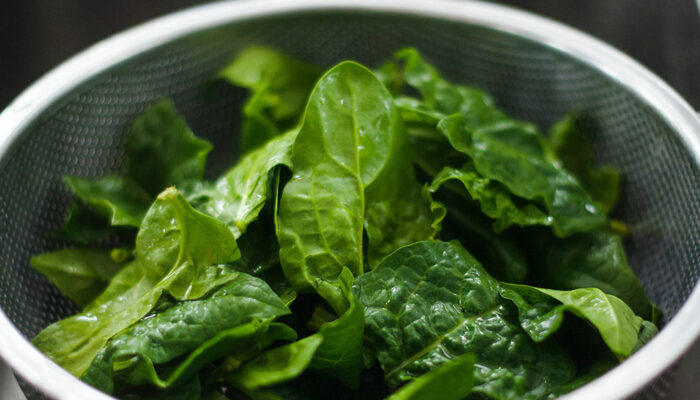
Top 4 Nutrition Tips for Gout
Gout is a collection of condition that is related to the build-up of uric acid, especially around the feet. In the case of gout, a person experiences pain and swelling in joints in areas of the foot, especially the big toe. Sudden pain caused due to gout can be extremely intense, and this is referred to as a gout attack.
Let us have a look at the top four nutrition tips for gout.
- Magnesium
Magnesium is important for the body as it performs multiple functions such as enhancing blood circulation and preventing gout attacks. This is possible because magnesium lowers blood pressure and relaxes the heart. As blood flows through the body, uric acid is less likely to crystallize in the joints as the acid in motion can be expelled easily. In addition, magnesium also helps in controlling the amount of calcium in the body. Further, it helps with the functioning of kidneys and other muscles. Some of the most common sources of magnesium include nuts, whole grains, leafy greens, and vegetables. - Cherries and tart cherry juice
Cherries have anthocyanins, which are flavonoids with antioxidant effects. These can decrease the content of uric acid in the blood and lower inflammation effectively. A study has shown that if you consume ten cherries daily, you can decrease the risk of getting recurring gout attacks by more than 50%. Another study has proved that the flares go down by half when a person takes a tablespoon of tart cherry juice, which is the same as 45 to 60 cherries, twice daily for a minimum of 4 months. - Celery or celery seeds
Celery has been traditionally used for treating urinary issues. The extract of the vegetable as well as its seeds are very effective, popular home remedies, and one of the widely suggested nutrition tips for gout. While scientific studies are not in abundance, experimental sources suggest that celery has been used to reduce inflammation. As there is no scientific study that relates to the consumption of celery to decrease in gout attacks, the amount of celery has not been defined. However, it is suggested to eat celery several times a day in different forms, including raw celery sticks, extract, juice, or sticks. - Dandelion
Dandelion tea and supplements of dandelion have been often used to improve conditions related to liver and kidney. A 2013 study has shown that consumption of dandelion reduces the levels of uric acid among those who are at risk of kidney injury. The scientific study does not directly draw a relationship between dandelion with gout, although there have been experiences to prove this. Dandelion can be consumed as a tea, extract, or supplement as per instructions on the label or doctor’s advice.



